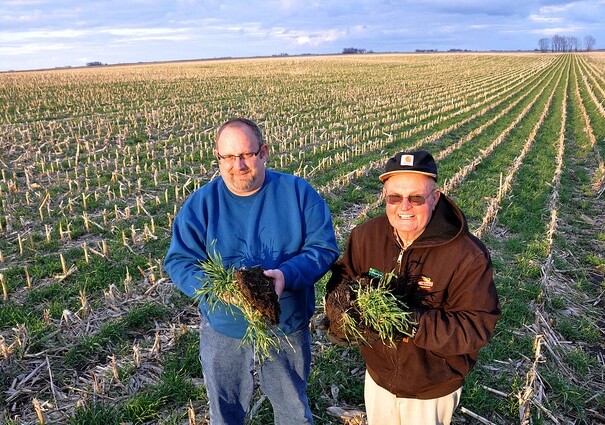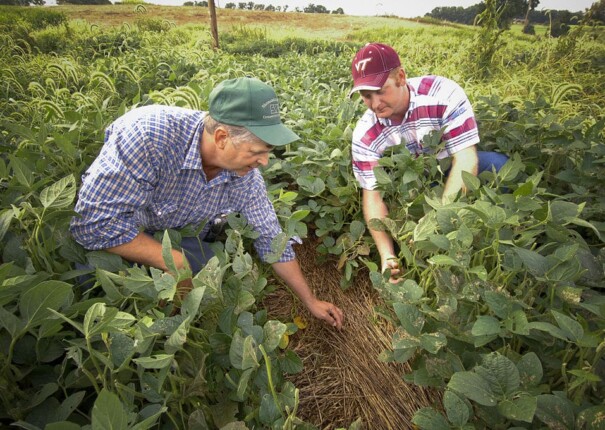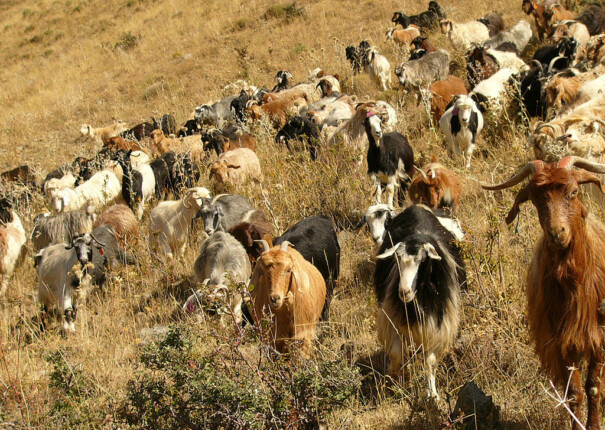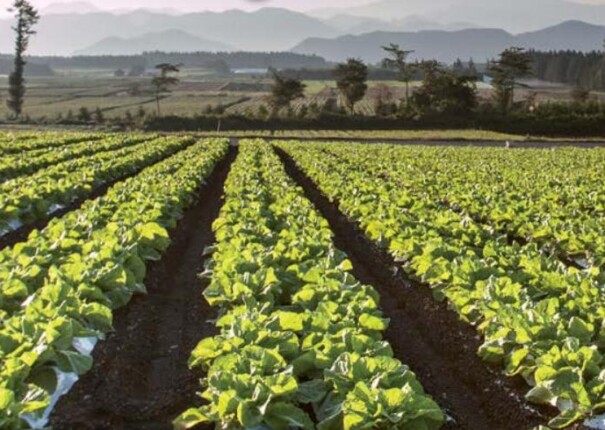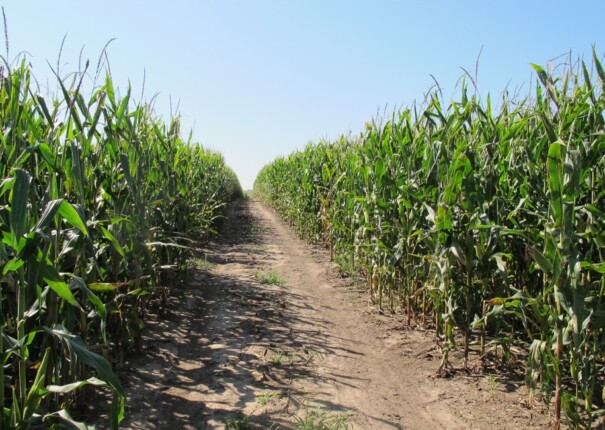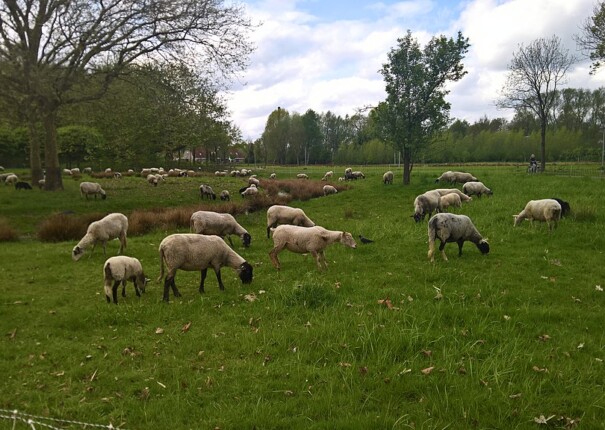This Houston nonprofit is paying coastal landowners to store CO2 in their marshes
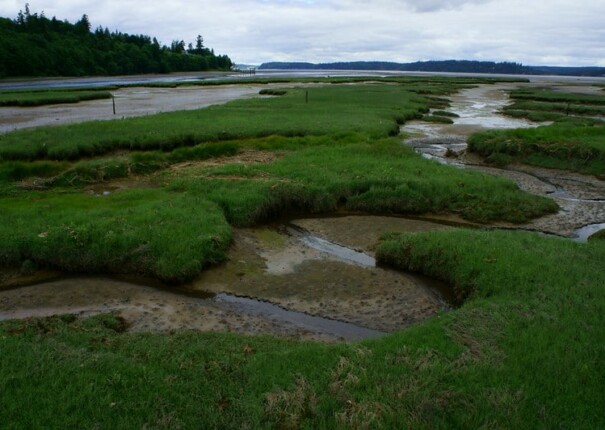
By Michael J. Coren & Dan Kopf Highlights Houston based nonprofit the Texas Coastal Exchange (TCX) has awarded grants to local landowners with marshlands on their property in order to prevent development on lands that help sequester carbon dioxide Jim Blackburn, the President of TCX, explains that by paying landowners for this service, they may in turn … Read more




